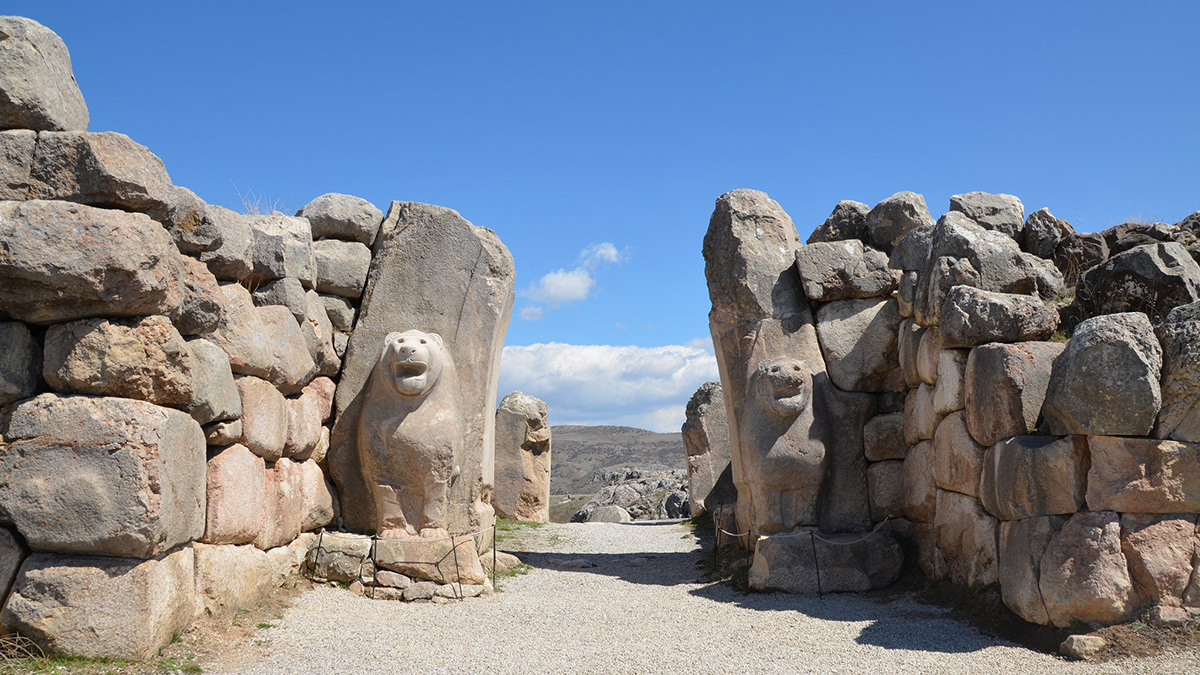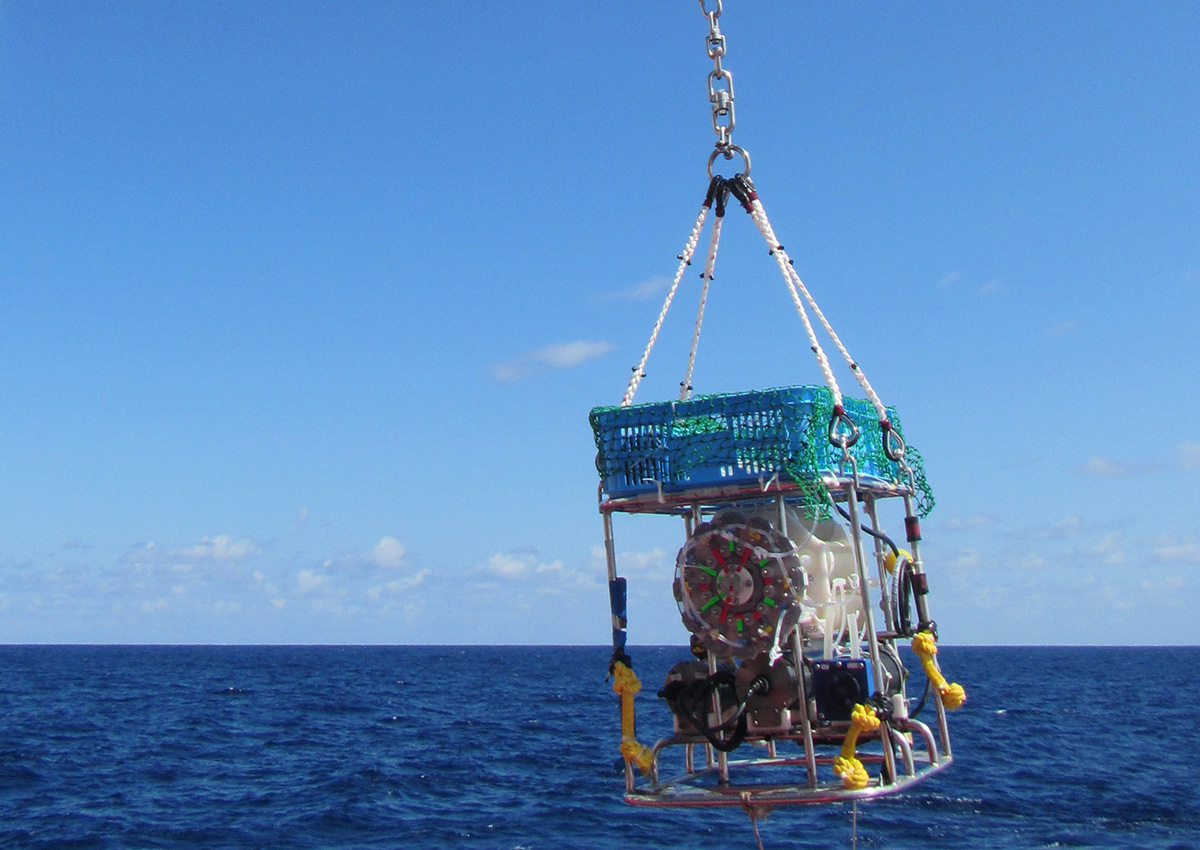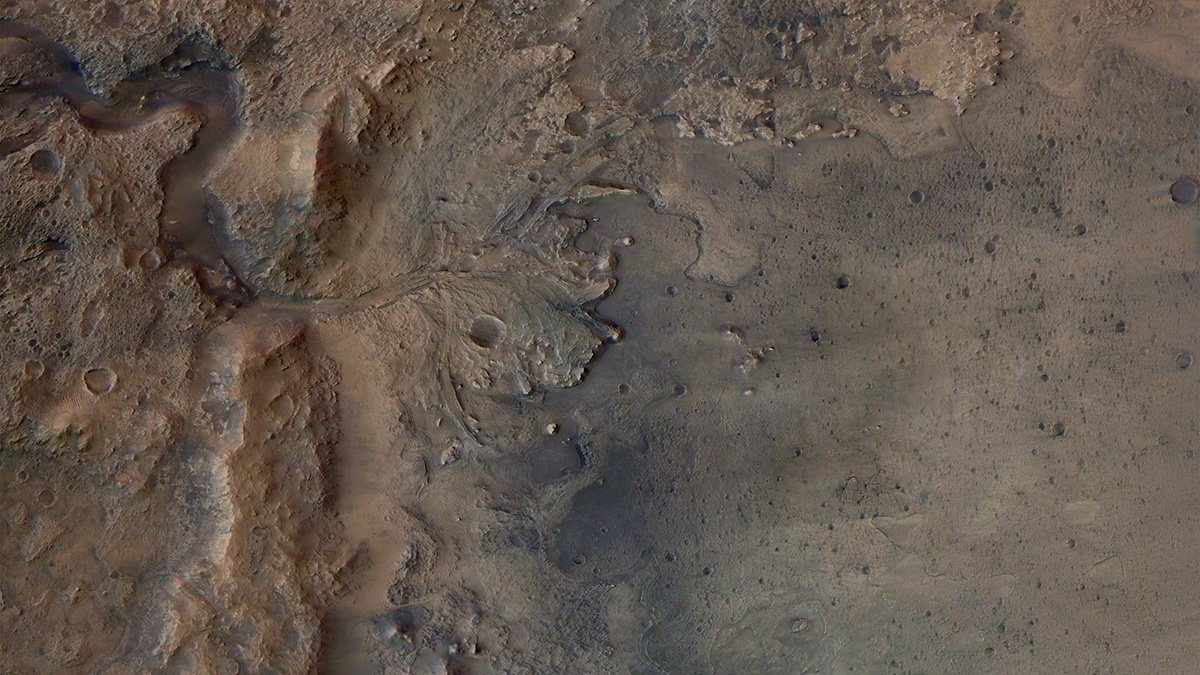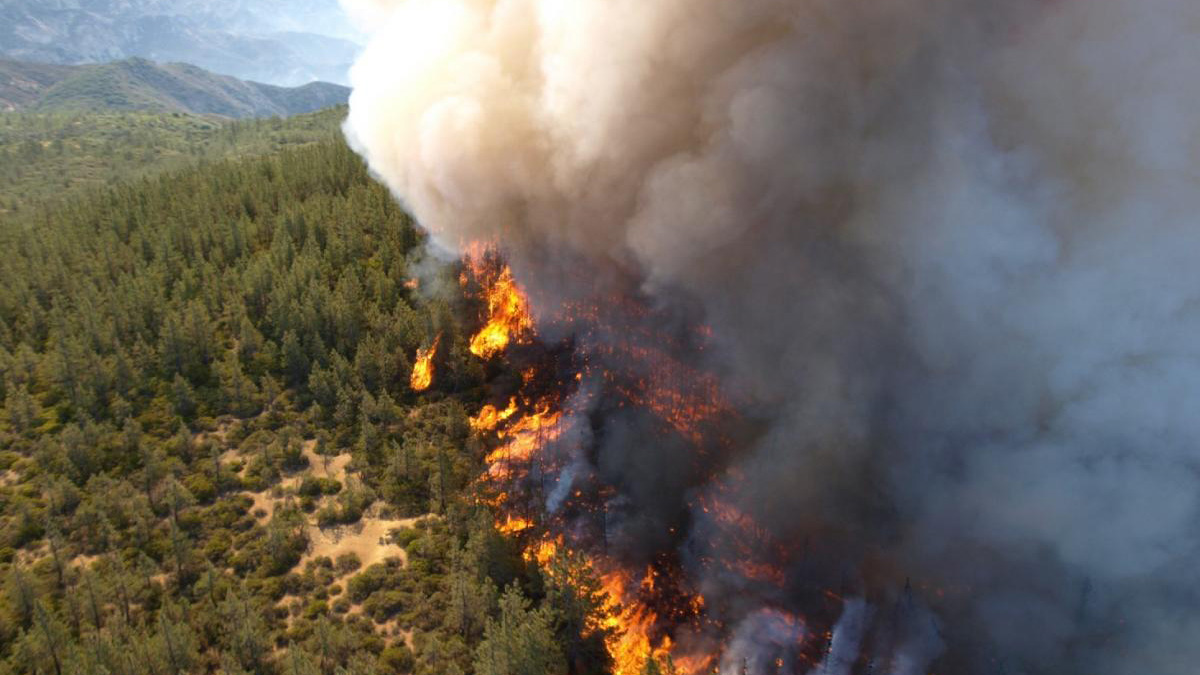Un nuevo estudio separa las emisiones de gases de efecto invernadero provenientes de la agricultura, mostrando cómo lo que comemos calienta el planeta.
News
Mexico’s Biggest Earth Science Festival Draws Crowds
More than 1,400 people attended TierraFest 2023, an annual event where children, teenagers, scientists, and activists share knowledge about Earth sciences and the environment in Mexico.
Groundwater Pumping Is Causing Mexico City to Sink
Researchers say knowing how much water is being extracted is crucial for addressing infrastructure and water supply crises in the capital.
Tree Rings Hint at the Fall of the Hittite Empire
The Bronze Age civilization adapted to changes in climate but suffered during a prolonged crisis.
La presión del océano profundo tiene un aplastante impacto en el ciclo del carbono
La presión extrema que existe en el mar profundo reduce el apetito de los microorganismos por carbono orgánico. Este hallazgo podría tener implicaciones importantes en la geoingeniería y el balance de carbono global.
In the Pacific Northwest, 2021 Was the Hottest Year in a Millennium
A 1,000-year temperature record shows unprecedented warming in the Pacific Northwest, and new modeling predicts the likelihood of future heat waves in the decades to come.
(Probablemente) No podremos decir si Marte tiene vida
Los equipos de última generación no siempre pueden identificar la vida que habita en los lugares más parecidos a Marte en la Tierra, lo que hace que los científicos se pregunten cómo se se podría hacer mejor en el Planeta Rojo.
Exoplanets May Support Life in the Terminator Zone
A new study finds that the intersection between a searing dayside and a freezing nightside could be habitable.
Climate Change, Megafires Crush Forest Regeneration
High-intensity fires in western states kill mature trees and their seeds while warmer, drier conditions stress seedlings. But forest managers can still intervene to change this trajectory.
Dating the World’s Tallest Trees
Scientists analyzed more than 1.2 million trees to assemble chronologies of annually dated rings, which will inform fields ranging from climate science to seismology.










